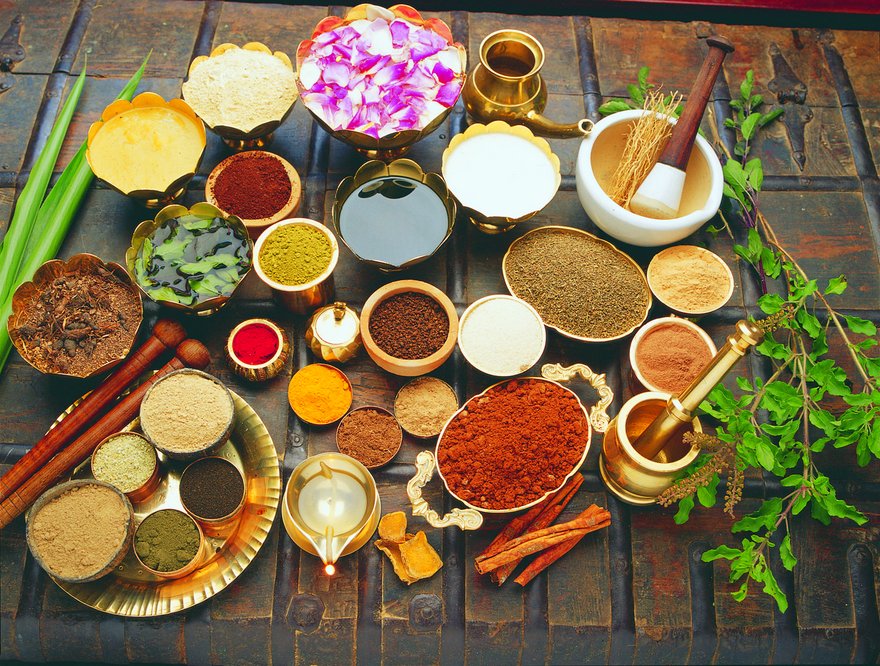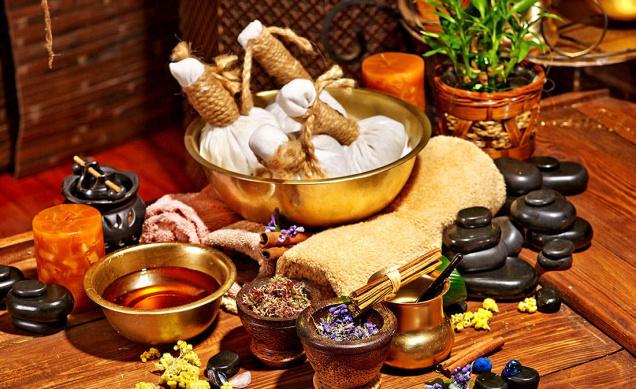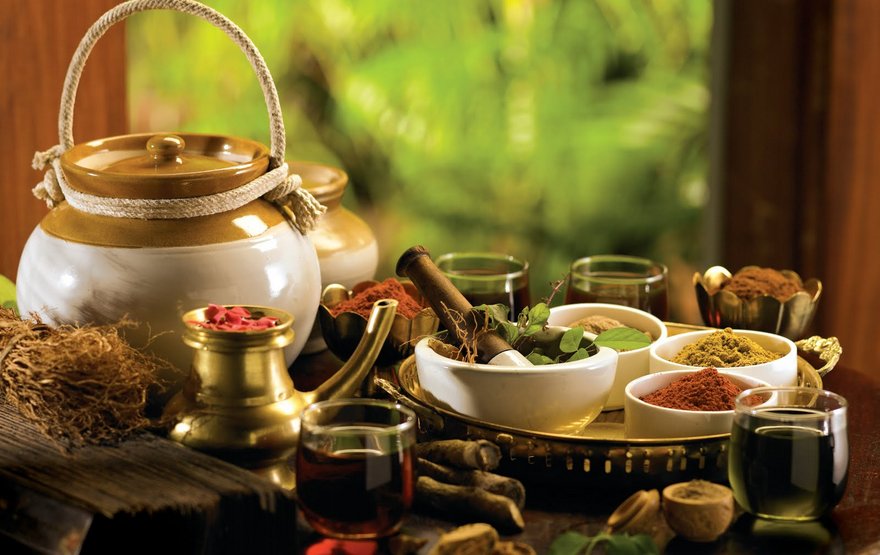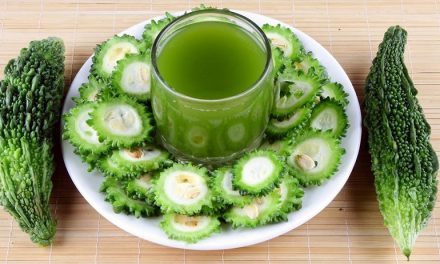It is said that the body is a temple. It is a creation by the divine hand that needs proper nurturing and care. A healthy body is a state of balance.
It is said that to be optimally healthy, one must tune their bodies to nature’s cycle which in turn would regulate various other rhythms by default. Care has been taken to devise this on the basis of day and night as well as a seasonal basis. The classical Ayurveda manuals have systematic routines to maintain proper hygiene and dosha balance in the human body.
[wp_ad_camp_1]
From the time one wakes up in the morning to the time one heads to bed has streamlined routines. The day routines are known as dinacharya and the ones at night are called ratricharya. One might regard guidelines to be time consuming to follow or even a tad trivial but the truth is that they are deeply rooted in science to keep the body and mind healthy.
They safeguard the harmony of the three doshas and sustain internal balance. While one maintains proper hygiene, daily and nightly regimens are also followed. Over time most of these have become normal activities of our daily living and this is very important for healthy living.
Daily attainment of body balance is crucial. Cleanliness and the code of conduct or aacharan are two important components of this practice. While the first is important for hygiene, the second is critical in the case of ethics. One must integrate it into one’s life style in the right way so as to influence the intellect and the body in a nurturing way. Otherwise one can go take wrong decisions that hamper judgment and lead one to temptation or pragyaparadh.
Every day two cycles of change occur, each with a predominance of the doshas – vata, pitta and kapha. During the daytime the dosha distribution is as follows: 6 am to 10 am – Kapha, 10 am to 2 pm – Pitta, 2 pm to 6 pm – Vata. During evening and night fall the dosha distribution is: 6 pm to 10 pm, 10 pm to 2 am and 2 am to 6 am. Thus in 24 hours, there are six appearances of the tridoshas. It is important to synchronize our bodies with the same.
The Morning Routine:
For best health one must wake up a couple of hours prior to sunrise when the vata element is still dominating. Termed as Brahma muhurtam, it is an auspicious time as it helps one in absorbing beneficial vata attributes. Our thought are cleanses and our lungs are also freshened by the pure air.
In fact it’s during these hours that nature is her purest and serenest and its important for our bodies to imbibe these essence. Next we must drink a glass of water which is helpful for elimination. Emptying the bladder and the colon helps in detoxifying. One should go to the bathroom as soon the urge occurs. Withholding the same can result in chronic conditions.
Next wash the face with cold water and fill the mouth with the same. Hold the water for 30 seconds. Once you spit this out, massage the eyelids for a minute. It helps balance the pitta factor in the head. Proceed to brush the teeth and clean the tongue with a tongue cleaner to purify the mouth of food debris and foul breath. The tongue is supposed to be an indicator of the ama or toxin level in the colon. Finally, gargle two or three times with warm water.
The exercise routine follows. This can last for 15-20 minutes and can comprise of Yoga postures, brisk walking and muscle stretching moves. Doing pranayama and surya namaskara is most beneficial to the system. This should be followed by abhyanga (body oil massages) with sesame or mustard oil.
This is simple and shouldn’t last long. During summer one can go for coconut oil massage. A five minute session of the forehead, scalp, temples, hand and feet will suffice.
Then one must have a refreshing bath and remove excess oil and dirt. This can be followed by meditation. This is the single most crucial aspect of dinacharya. Being quiet in a peaceful environment is important. Chanting mantras can also be done to strengthen the body and mind. Then one can start the day with a nourishing and wholesome breakfast. The food must be warm.
Rules for Working Hours:
Relaxation is important during work too. One can even plug in mini breaks during work to relax a little. Sitting back on a chair, closing the eyes and relaxing for a few minutes can make a difference. This is what we call today a power nap. Even a 2-3 minute session can make a big impact on your system.
One can also close the yes and try deep, abdominal breathing, which can be relaxing and rejuvenating. A positive, cordial atmosphere at work is important and one should maintain this harmony and avoid conflict, stress and anxiety.
Lunch must be ideally consumed between 12 and 1 p, and it coincides with the peak of pitta time, which is apt for digestion Large can be the largest meal of the day, according to Ayurveda. After finishing the meal one can take a little walk for about a hundred steps or so to enhance the digestion process.
Best Way to End the Day:
After returning home one must relax for a few minutes. Quality time with family lessens the stress levels and makes the heart happy. Take a shower and a mild head massage, with or without oil. This will help you relax a little. Eat an early dinner or supper, if possible before sunset but definitely at least 2 hours before hitting the bed. A light evening meal must be eaten so that it is easily assimilated and digested.
This can include salads, steamed veggies, soups and breads. The must avoid list includes – cold foods, fried items, dairy products and sweets. One must go to bed early after some relaxation post dinner. Sleeping by latest 10 pm-11 pm is best.











